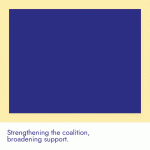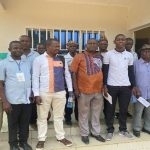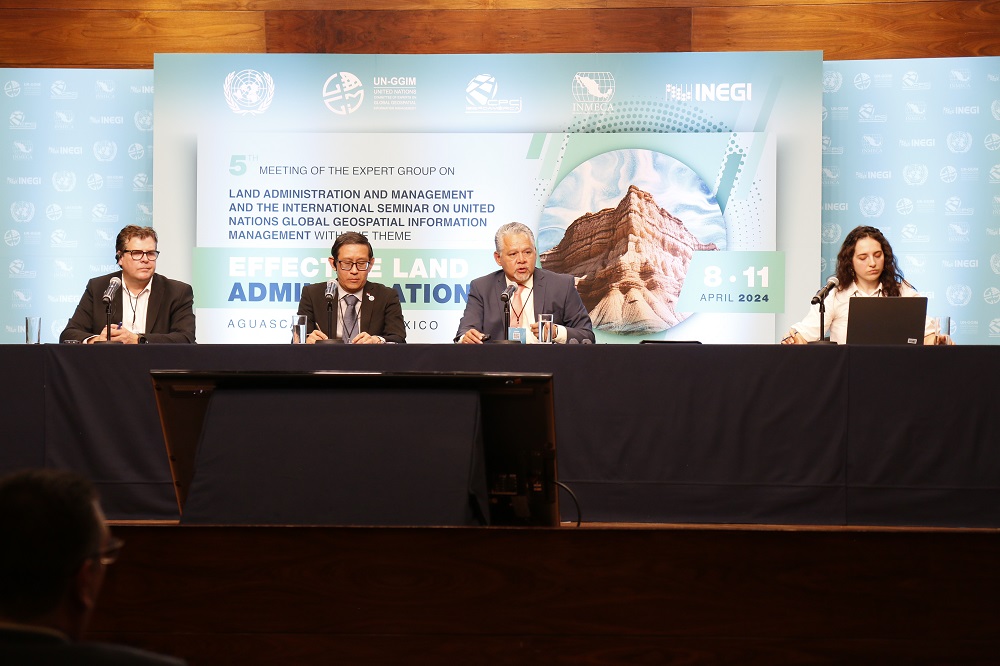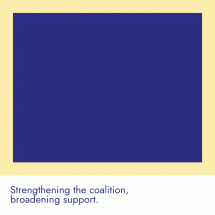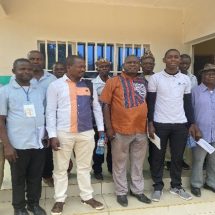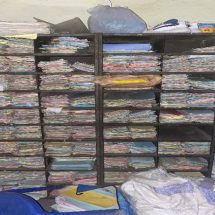Effective land administration ensures equitable access to land and property rights, mitigates conflicts arising from land issues, and supports leaving no one behind – the commitment of the 2030 Agenda. It must be fit-for-purpose, interoperable, sustainable, flexible, and inclusive, accelerating efforts to document and recognize people-to-land relationships in all forms.
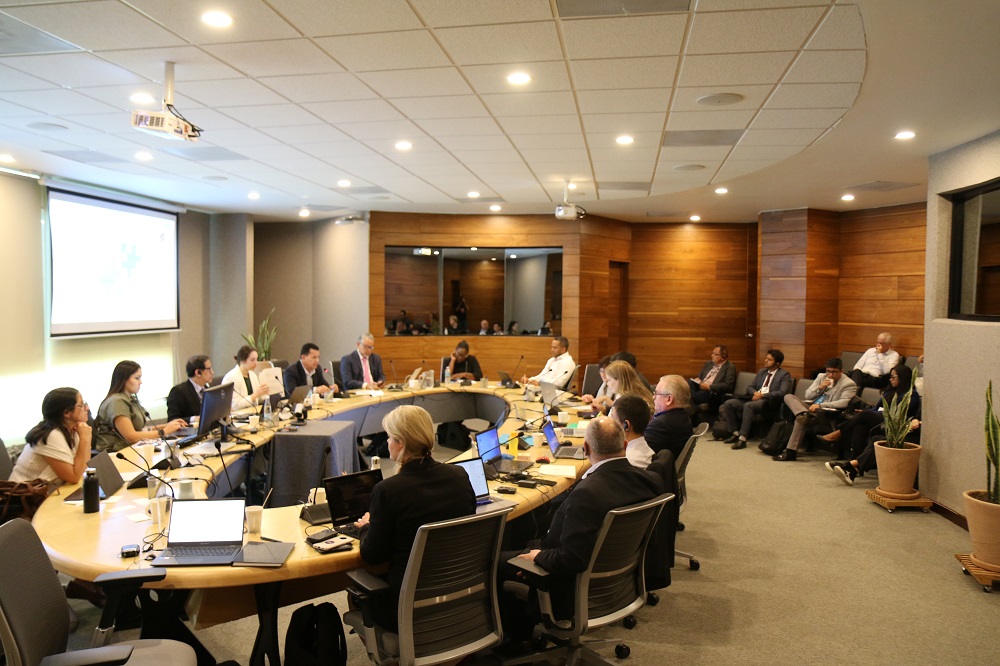
Hosted by the National Institute of Statistics and Geography (INEGI) of Mexico, global stakeholders convened in Aguascalientes from April 8th to April 11th for the fifth Expert Group Meeting on Land Administration and Management, and the second International Seminar on United Nations Global Geospatial Information Management. This gathering facilitated discussions on the importance and need for geospatial information as an essential base for an effective and efficient land information system to support the administration of land policy frameworks, customary rights, security of tenure, property rights, sustainable development and overall social, environmental and economic well-being, drawing insights from diverse regions and experiences.
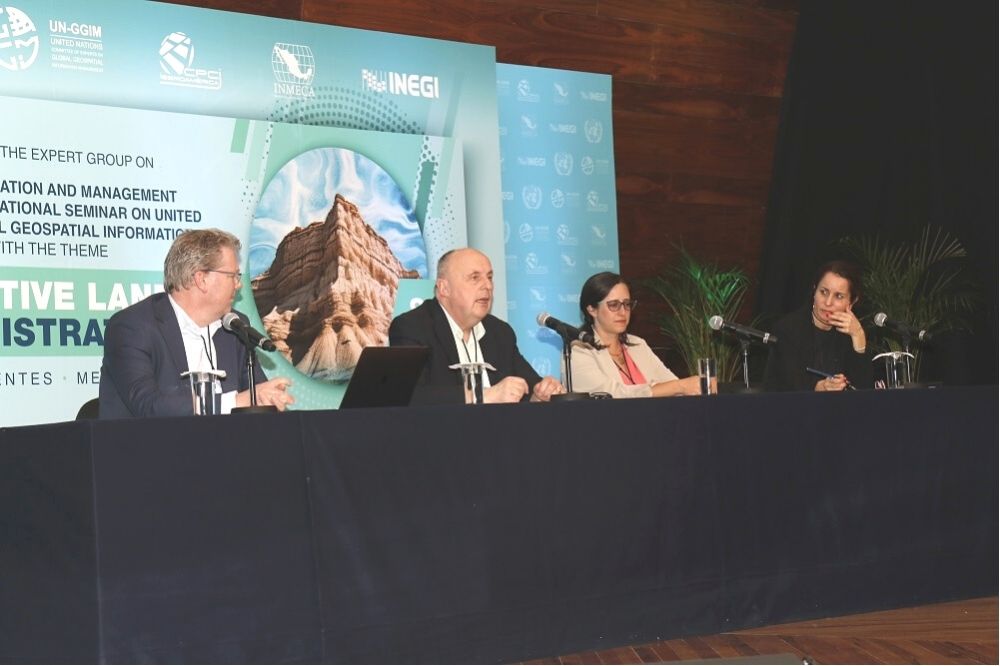
The Framework for Effective Land Administration (FELA) endorsed by the United Nations Committee of Experts on Global Geospatial Information Management serves as a vital policy guide endorsed by the United Nations Committee of Experts on Global Geospatial Information Management (UN-GGIM). FELA empowers member states to develop, renew, reform, or strengthen their land administration systems, marking a significant milestone in global land governance.
Participants of the Expert Group Meeting and the International Seminar shared challenges and proposed solutions for implementing land administration systems to address sustainable development goals, resilience, and innovation. Globally developed frameworks like the United Nations Integrated Geospatial Information Framework (UN-IGIF) and FELA provide invaluable support for countries striving for effective territory management with a fit-for-purpose approach.
The Expert Group Meeting underscored the power of global collaboration in advancing sustainable development goals. With renewed dedication, the journey towards effective land administration and management continues, supported by GLTN’s readiness to assist in FELA implementation at national and local levels through tools, research, training, and learning resources.
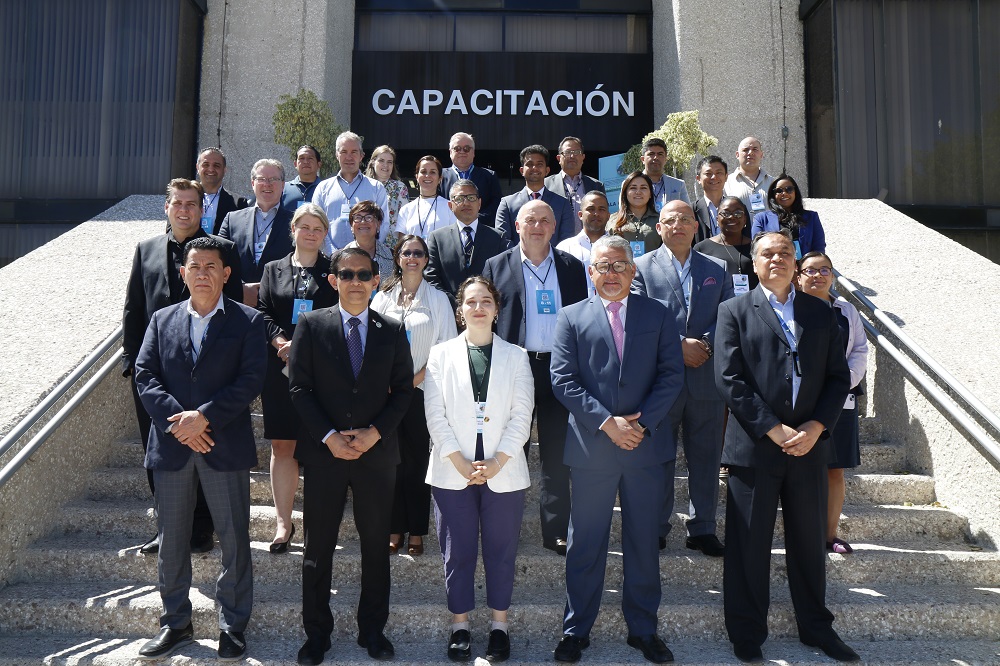
More information: United Nations Statistics Division (UNSD) – United Nations Global Geospatial Information Management (UN-GGIM)
Related documents:
• Framework for Effective Land Administration
• The United Nations Integrated Geospatial Information Framework (UN-IGIF)
• Fit-for-Purpose Land Administration: Guidelines for country implementation

